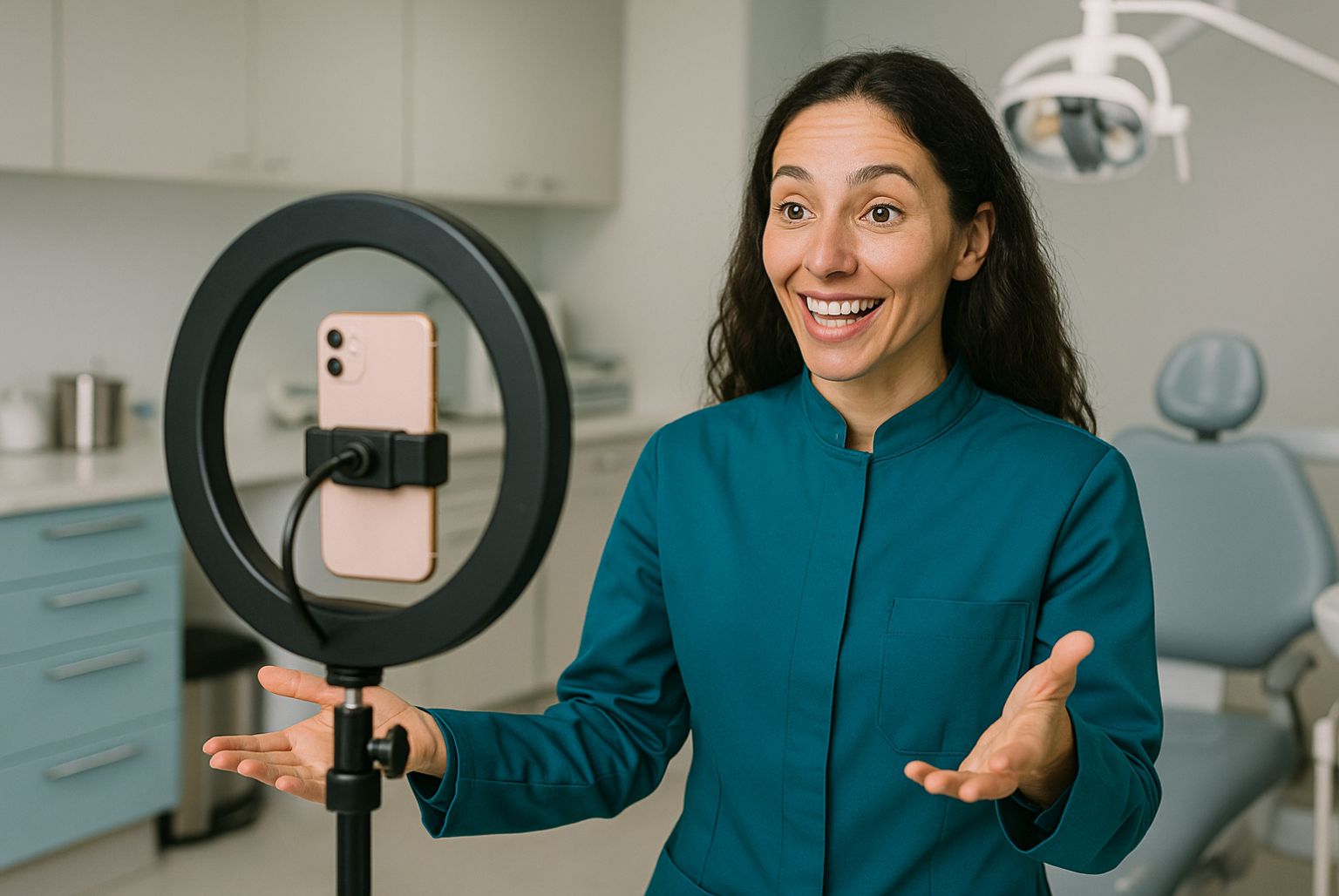There’s no getting away from it, the dental and cosmetic medical industries are incredibly competitive. According to available information from the Ibis World ‘Dental Practices in the UK: Market Research Report’ published in March 2016, the dental industry in the UK now generates £7.6bn annually; there are 8,987 established practices across the country. Data from Raconteur shows that cosmetic procedures are worth £3.6bn a year in the UK and that 85% of procedures are now non-surgical.
If you’re setting up a new practice or the time has come to revisit your brand and key marketing messages as an established clinic, it can be a daunting prospect to set yourself apart from the competition in such a noisy marketplace. One of the biggest challenges you may face is high patient loyalty towards your established competitors. By and large, people prefer who they know and will opt to stay with the same practitioner unless there’s a problem that affects them personally. Patients are also heavily influenced by personal recommendations from their friends and family.
So, how can you beat the competition?
Their weak point is your angle
One of the most effective ways to strategically beat the competition is to identify their weakest point and turn it to your advantage. In fact, you might even need to consider what they view to be their strongest point and flip that on its head to serve your business.
Let me explain.
If a competitor’s practice has been established locally for many years, your competitor may well view that as their greatest strength – after all, people know them, they’re a part of the community, and a familiar presence on the High Street with high customer loyalty.
How could you turn this into an advantage? How can you make this seemingly strong point into a weakness or the defining angle for your practice?
Well, you may not be established but you’re innovative, cutting-edge, bringing new techniques and technologies into the area. You’ve trained with the best, you’re forward-thinking. These are all points to communicate. You don’t need to refer to your competitor specifically – indeed, I would caution against it – but you can position your clinic as the dynamic new practice against the antiquated old timer.
As another example, you may have a large local competitor with several clinics. As much as you feel like David facing Goliath, this can be turned to your advantage. Instead of being a big, corporate or faceless clinic, when patients come to you they get a personal service. They benefit from your expertise or see the same practitioners every time, so that they build a relationship with you.
Perhaps your competitor offers more treatments than you. Great – you offer a few carefully chosen treatments because you have invested in significant advanced training and believe these are the treatments that give the best results. You are able to provide a deeper level of expertise and/or take on more complex cases because of your experience; you have also performed more of the treatments you offer. Why visit a Jack of all Trades, when you’re a Master in your field?
Dealing with a similar competitor
Even if you feel that your main competitor offers a very similar proposition to your own practice – e.g. similar size premises, comparable treatments and pricing, training, equipment, etc. – there are still plenty of ways to differentiate and strategically beat the competition.
You may have more reviews and better ratings on Google or Facebook, or more press coverage. You may achieve better results or use branded, industry-leading products. Perhaps you sell skincare products to prolong the results of a treatment or offer a consultation with your lead dentist/practitioner rather than with a treatment co-ordinator. There will be something that sets your clinic apart.
You might also want to explore ways that you can demonstrate:
- Added value – this might be with a free consultation, a free follow-up review appointment, products to support healthy skin or good oral health at home
- Convenience – this might be by offering appointments outside of conventional nine to five hours, showing you have a range of specialists under one roof, promoting your location and on-site parking, payment plans; think about ways you make your patients’ lives easier and tell them about it
- Trust – tell people about your background, training, continuing professional development, encourage genuine reviews, be transparent
- Conscience – people like to buy from companies that they know have a social conscience so think about supporting a local charity or becoming active in the local community
- Focus on customer solutions – one of the biggest mistakes businesses make on their websites is to talk about ‘we’, the business, rather than ‘you’, the customer; stand out from your competitors by talking directly to your potential patients and showing them that you understand what matters to them
- Show your patients potential solutions they may not have considered – people may come to you thinking they need a specific treatment but, with your expertise, you may believe there is a different and better solution; help your customers to see that you have their best interests at heart and that you can offer solutions they may not even know about yet
- Sell the investment, not the purchase – to compete with others in the marketplace, you may feel that you need to drop your prices. In reality, this is rarely a sound approach because very few people shop on price alone and those that do are unlikely to be your target patients. Think about how you can sell the investment with all of its benefits as, once a customer feels desire for a product or service, they will usually become less focused on if they can afford it and more focused on how they will afford it
Only your business has you
Although it’s important to consider your competitors and take a strategic approach to standing out, I’d caution against actually mentioning competitors to your potential customers or making direct comparisons. It is far better to concentrate on what makes your practice different.
Above all else, remember that your business has something your competitors don’t have, and that’s YOU. If you can pinpoint what sets you apart – whether it’s your attitude, your values, your training, your background, your knowledge or something else altogether – and build that into every aspect of your practice, you will have a clear strategic advantage.




